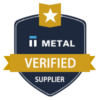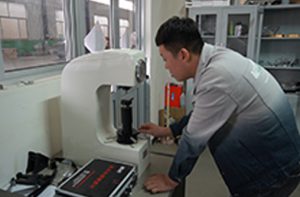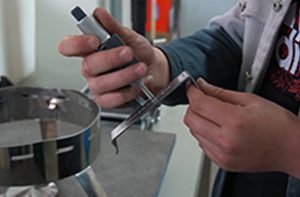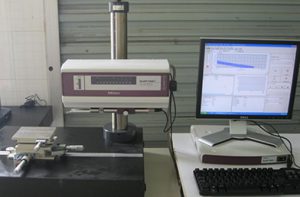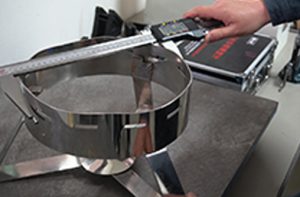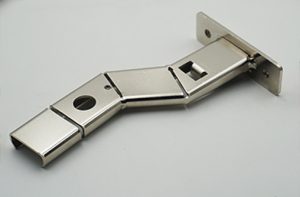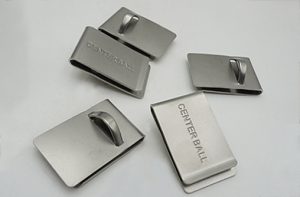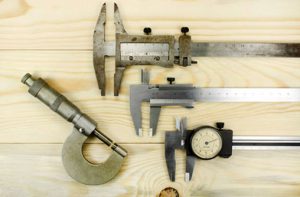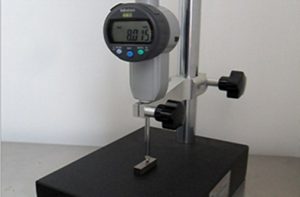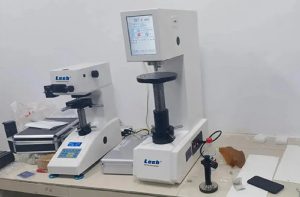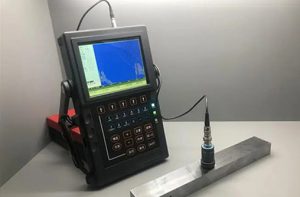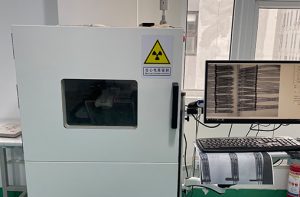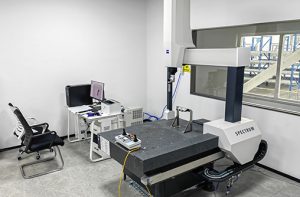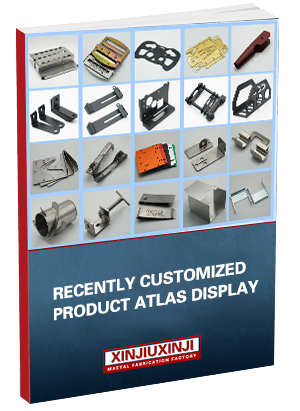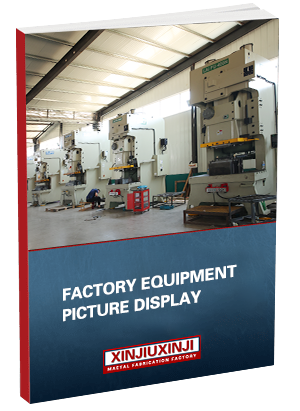Quality Inspection
Quality inspections in metal processing plants are conducted to evaluate materials and finished products. Ensuring that they meet specified standards and tolerances. This process involves various methods including visual inspection, dimensional checks, hardness tests, and weld integrity assessments. Advanced techniques like ultrasonic, X-ray, or magnetic particle testing may also be used. Quality inspection is essential for early detection of defects or inconsistencies. It ensures that only compliant, high-quality products reach customers.Improve the safety, performance and life of your product’s end-use applications.
At Xinjiuxinji, we prioritize stringent quality control as a customized metal processing provider. ensuring each product meets precise client requirements. Our quality inspection capabilities span a comprehensive range of tools and techniques.It allow us to identify and correct issues at every stage of production. Common inspection tools include calipers, micrometers, hardness testers, and more advanced methods like ultrasonic and X-ray testing for weld and structural integrity. Our robust inspection process covers material verification, dimensional accuracy, surface finish, and strength assessments. These meticulous quality checks highlight our commitment to delivering flawless, high-performance products that meet or exceed client expectations, positioning Xinjiuxinji as a trusted partner in high-quality custom metal manufacturing.
Commonly Used Quality Testing Instruments
Calipers and Micrometers: These precision tools measure dimensions such as thickness, length, and width. Calipers are used for quick measurements, while micrometers provide highly accurate readings down to microns.
Height Gauges: Used to measure the vertical height of components, ensuring each part meets specified height tolerances.
Hardness Testers: Measures the material’s hardness level to ensure its strength and durability, critical for functional parts.
Ultrasonic Testers: Uses sound waves to detect internal flaws or inconsistencies in welds and thicker sheet metal components, ensuring structural integrity.
X-Ray Testing Equipment: Enables non-destructive testing for internal defects, ideal for critical parts that require consistent structural quality.
Coordinate Measuring Machines (CMM): Provides high-precision measurements of complex shapes and geometries, checking conformity to dimensional tolerances.
Surface Roughness Testers: Measures the smoothness of surfaces, verifying that finishes meet required standards.
Laser Measuring Devices: Used for non-contact, high-precision measurements, especially effective on complex or fragile parts.
These instruments ensure that all aspects of dimensional accuracy, material quality, and structural soundness are met, guaranteeing products of the highest quality and reliability.






 +86 18892239158
+86 18892239158
